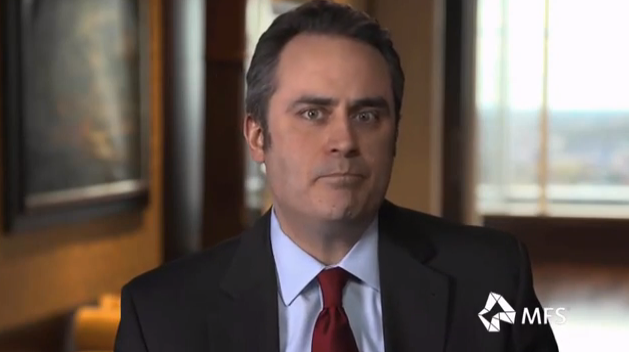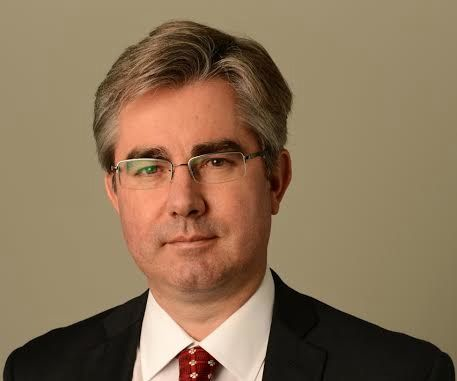Santander will Sell Part of its Custody Business in Spain, Mexico and Brazil
| By Alicia Miguel | 0 Comentarios

Spain’s major bank will not restrict itself to selling part of its asset management business, as it did last year when it sold 50% of the business to Warburg Pincus and General Atlantic funds for US$1.3 billion.
Furthermore, according to the daily publication “Expansion”, the bank plans to dispose of half its custodial and depository business. Once again, one of the buyers is the equity fund Warburg Pincus, which, together with other partners, is apparently close to grabbing a 50% share of that business. According to the Spanish newspaper, the sale will initially affect the Global Custody & Securities Services business in Spain, Mexico and Brazil, but could later be extended to other countries. Besides those three markets, Santander has custody and depository business in Chile, Argentina and Portugal.
According to market sources consulted by Expansion, Santander’s division responsible for providing securities’ settlement, custody, and administration services, could be valued at between €0.5 and €1 billion.
Gaining muscle at the global level
Although the sale of 50% of Global Custody & Securities could be considered the first step out of the asset custody business, Expansion points out, citing market sources, that the bank’s intention could be quite the opposite, since the bank could be looking for partners which allow it to grow, especially outside Spanish borders, to become a strong player globally.
Following the sale, the bank could guarantee its partners liquidity over the medium term through an IPO, the same formula which the bank has used with Santander Consumer, Santander Consumer USA went public earlier this year, and which it also used with its asset management division. According to Expansion, the other option would be for the bank to sell the other half of its custody business to other international groups such as BNP Paribas, BNY Mellon or State Street.
The impact of regulation
One of the reasons why some companies are planning to sell their custody and depository businesses is the new regulation: UCITS V will increase the depositories’ costs and responsibilities. In this regard, UCITS V regulates three issues: the depositary liability regime; the content of the custody function in respect of the different types of financial instruments and of the function of supervision; and the requirements to act as depositary and the conditions under which this role may be delegated to sub-custodians.
As Ramiro Martinez, director of Gomarq Consulting, explained to Funds Society, the proposal introduces a new harmonized system of “quasi-strict liability” which deems the depositary liable if the assets are lost in custody (including assets transferred to a third party in sub-custody), replacing them with others of the same type or value. For the expert, this new liability regime “significantly increases the risk of the depository role and forces depositors to increase their control and will therefore increase their costs (and will probably involve additional capital requirements for the provision of this service). This will require specialization and the pursuit of economies of scale to absorb cost increases,” says Martinez.
That is why the experts are referring to a certain activity of sales of this business amongst those institutions which do not consider it core business, and its concentration among institutions which have enough financial muscle globally to meet the new requirements.







